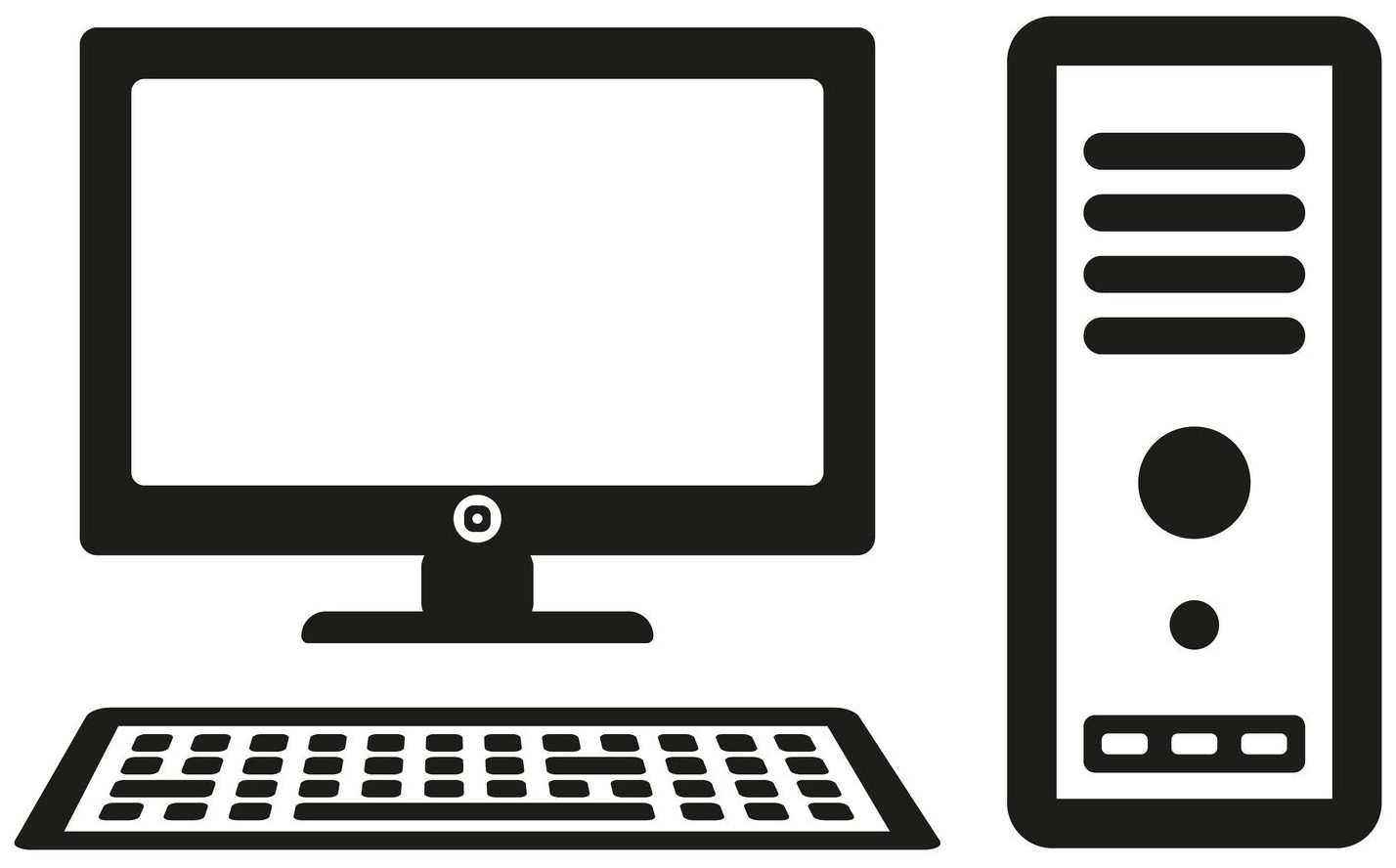Are face masks slowing down the spread of COVID-19? Yes, by using face masks and other preventive measures such as social distancing and washing hands frequently can slow down the spread coronavirus. If so, why weren’t face masks recommended at the start of the pandemic? Well, at the time, medical experts were not sure of the extent to which infected people could spread the virus before they became symptomatic.
frequently can slow down the spread coronavirus. If so, why weren’t face masks recommended at the start of the pandemic? Well, at the time, medical experts were not sure of the extent to which infected people could spread the virus before they became symptomatic.
Also, no one knew that there were asymptomatic cases who were infected without showing any symptoms. As such, both infected and asymptomatic people spread the virus to other people. Many people argue that masks should be used by health care individuals sighting the shortage of N95 and surgical masks. The CDC later on recommended cloth masks to be used by the public and not the N95 or surgical masks since they were to be reserved for the health care providers.
How Do The Different Types Of Masks Work?
Surgical Masks
It is also known as a medical mask. It is a loose-fitting disposable mask protecting your mouth and nose from any contact with splashes, droplets and sprays containing germs. By wearing a surgical mask, you will protect other people by reducing exposure to respiratory secretions and saliva.
N95 Masks
It is a respirator that offers more protection compared to a surgical mask. It can filter out the small and large particles you inhale. As the name suggests, a medical face mask N95 blocks 95% of particles going through the mask. Some of the masks have a valve making it easy to breathe through. When you exhale, the unfiltered air will be released.
Healthcare providers should be trained as well as pass a fit test before wearing the mask. They should also confirm that the seal is working before using the mask at work. Just like surgical masks, N95 masks are supposed to be disposable. However, researchers are looking for ways to recycle N95 masks. As with the valve, it releases unfiltered air when you exhale so it doesn’t prevent the transfer of COVID-19 entirely. That’s why they have been banned in some areas.
Cloth Masks
As the N95 and surgical masks are in short supply, the remaining should be reserved for medical practitioners. That’s why cloth masks are recommended for the general public because they are easy to find, wash and reuse. If everyone wears cloth masks, it’s easy to reduce the spread of coronavirus, especially for the asymptomatic people.
Countries that mandated the use of face masks, frequent testing, social distancing and isolation in the early stages of the pandemic have had a lot of success in slowing the spread. Cloth masks are very easy to make and you can find the instructions to make one online.
Cloth masks can be manufactured from different materials such as cotton sheets. You can also find instructions to make no-sew masks using T-shirts and bandanas on the official CDC website. Cloth masks should feature multiple layers of fabric.
How to Wear a Face Mask
If you are in a public area where it’s tough to ensure social distancing, you should always wear a face mask. These include areas such as grocery stores and other areas with significant transmission in the community. Here are a few things to keep in mind when it comes to wearing and taking off your mask.
- The mask should be placed over the mouth and nose.
- Avoid touching your mask when you are wearing it.
- If you touch your mask accidentally, you should sanitize or wash your hands immediately.
- Remove the mask by lifting off the ear loops or untying it without touching the front part of the mask or your face.
- Don’t forget to wash your hands immediately after removing your mask.
- You should wash your cloth masks regularly with soap and water.
- You should not wear a mask if you have trouble breathing or can’t remove the mask without help. Don’t put the mask on an unconscious person.
- Children under 2years of age should not wear masks.
- Masks should not be used as a substitute for social distancing.
With the pandemic sweeping across the globe, it’s prudent to keep safe!
